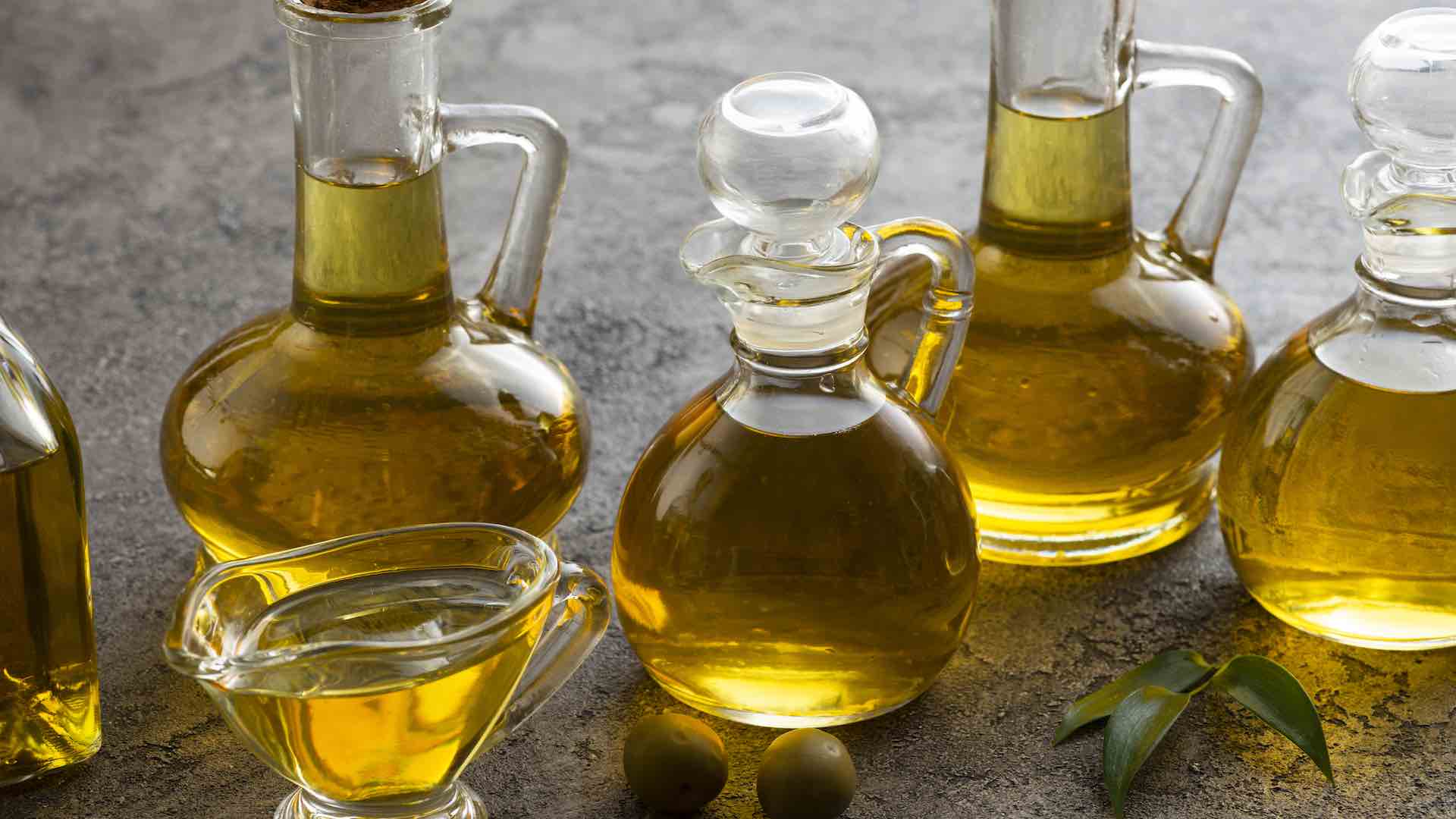A recent scandal involving cooking oil in China has led to a surge in local demand for home oil presses, reflecting growing concerns about food safety. Authorities have launched an investigation following reports that a major state-owned company used fuel tankers to transport cooking oil. The revelation has sparked widespread anxiety among consumers, prompting them to seek alternative sources for cooking oil.

The scandal came to light when it was discovered that Sinograin, a prominent state-owned enterprise, employed tankers previously used for transporting fuel to carry edible oil. These tankers, according to reports, were not cleaned between loads, raising serious health concerns. The Beijing News, a state-affiliated media outlet, reported that Hopefull Grain and Oil Group, a private company, was also involved in this practice. Truckers interviewed in the report revealed that cost-cutting measures often led to inadequate cleaning of tankers used for food-grade liquids.
In response to the scandal, there has been a dramatic increase in the purchase of home oil press machines. Sales of these machines have soared, with recent figures showing a fourfold increase in sales between July 5 and July 12, compared to the period before the scandal erupted. Search volumes for oil presses have also skyrocketed, reflecting a 22-fold increase. This surge in consumer activity is indicative of the widespread distrust in the safety of commercially available cooking oil.
Social media platforms have been abuzz with posts expressing concern over the safety of cooking oil, with many users sharing videos and comments about the uncertainty of consuming the product. Some users have even reported that discussions about the scandal have been censored on certain platforms, further fueling public apprehension.
Experts suggest that this scandal could have far-reaching effects on consumer behavior. Shaun Rein, founder of the China Market Research Group, predicts that similar to the 2008 melamine milk scandal, this incident may lead to increased demand for imported cooking oil. Rein notes that after the 2008 scandal, Chinese consumers turned to overseas sources for baby formula, and a similar shift could occur in the cooking oil market.
The 2008 melamine scandal, which involved the contamination of milk with a toxic chemical, led to a significant public outcry and changes in consumer purchasing habits. Rein anticipates that the current scandal could similarly affect perceptions of domestic food products, with consumers becoming more cautious about purchasing “Made in China” items.
The Chinese government has pledged to take stringent measures against those responsible for the scandal. The State Council’s Commission on Food Safety has assured that illegal enterprises and individuals involved will face severe penalties. This firm stance aims to restore public confidence in food safety standards and prevent future incidents.
As the investigation continues, Chinese consumers remain vigilant, with many opting to produce their own cooking oil at home rather than risk consuming potentially tainted products. The government’s response and future regulatory changes will be closely watched as the country grapples with this latest food safety crisis.
